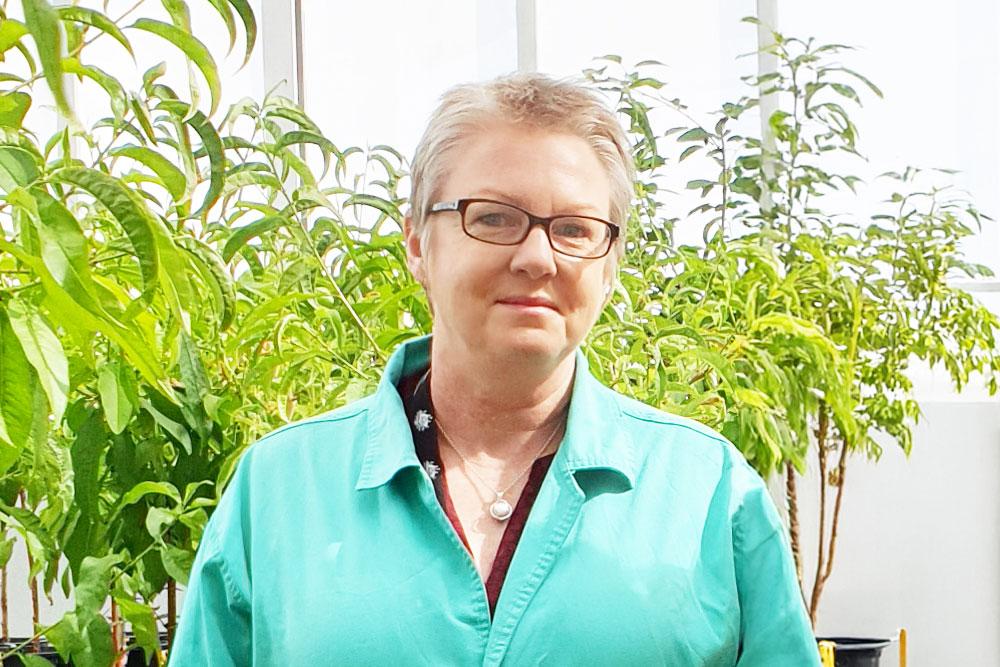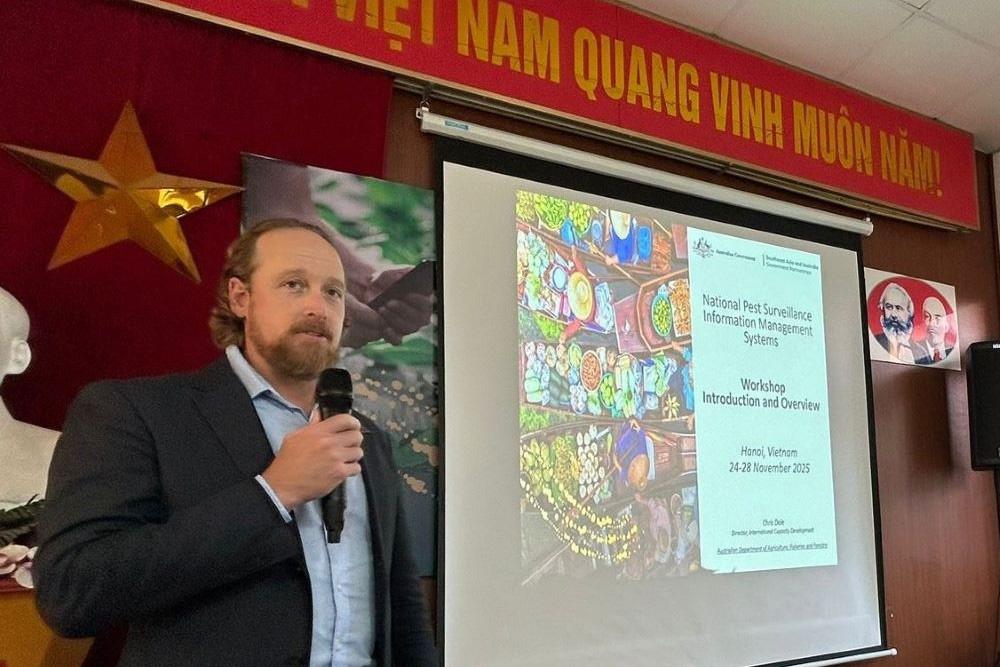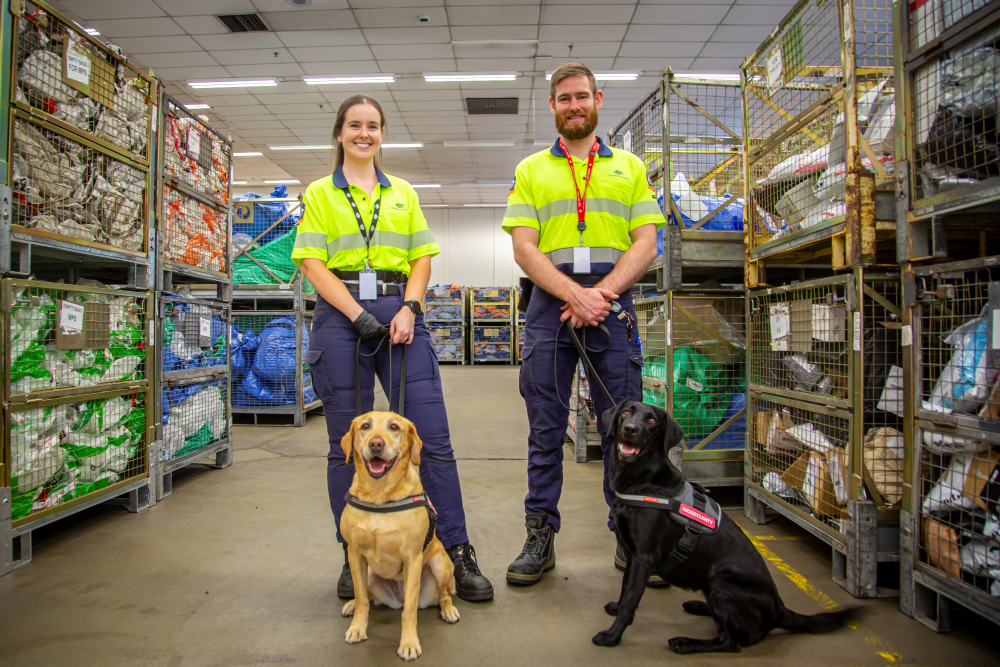Common and pygmy hippopotamuses and their semen can now be imported to Australian zoos after a 40-year hiatus, in a major boost for genetic diversity and the public’s viewing pleasure.
Zoos accredited under the Zoo and Aquarium Association (ZAA) will soon be able to apply for an import permit to give international hippos a new home.
As the peak body, ZAA represents the voices of welfare accredited facilities across the region that operate to the highest standards. ZAA Accredited Zoos play a critical role in communities as they communicate the issues animals face in the wild. This new import permit will provide people the opportunity to experience and learn more about these unique and amazing animals.
This follows completion of a biosecurity risk review of the Importation of zoo hippopotamuses and their semen from approved countries.
Zoos have sought to import more hippos in recent years owing to a lack of genetic diversity among their current populations. While a number of Australian zoos care for both pygmy and common hippos, the importation of more animals or their semen will be vital in increasing genetic diversity and will contribute to our understanding of their health and biology, with both species being under threat in the wild.
Any new imports will add to Australia’s current population of five pygmy hippos and nine common hippos.
First Assistant Secretary of Biosecurity Animal Division, Dr Brant Smith, said it’s great to see this work help pygmy hippos, which are currently considered endangered, and common hippos which are listed as vulnerable.
“Members of the Zoo and Aquarium Association have identified these species as one of their highest priorities and have been eagerly awaiting the release of the final report,” Dr Smith said.
“Importation will contribute to breeding programs, and will provide an increased understanding about their behaviour, conservation and threats in the wild.
“The establishment of additional holdings of these animals in our zoos enable opportunities to study aspects of their health and biology.”
ZAA Spokesperson James Biggs, Director of Conservation and Population Management said with both species of hippo in trouble in the wild, it’s important that zoos help to raise public understanding of the plight of these species and what they can do to help.
“Zoos are uniquely placed to facilitate research into successful reproduction and care, including appropriate genetic management,” said Mr Biggs.
To see the full report, visit: Importation of zoo hippopotamuses and their semen from approved countries to Australia - DAFF
Photo Credit: Scott Brown



